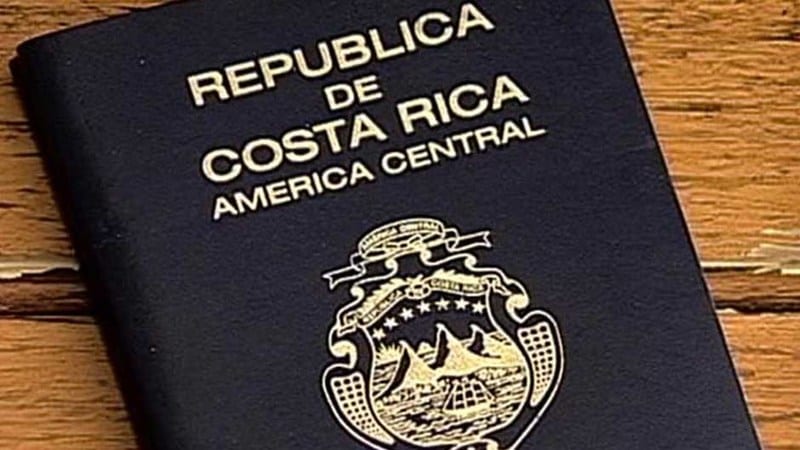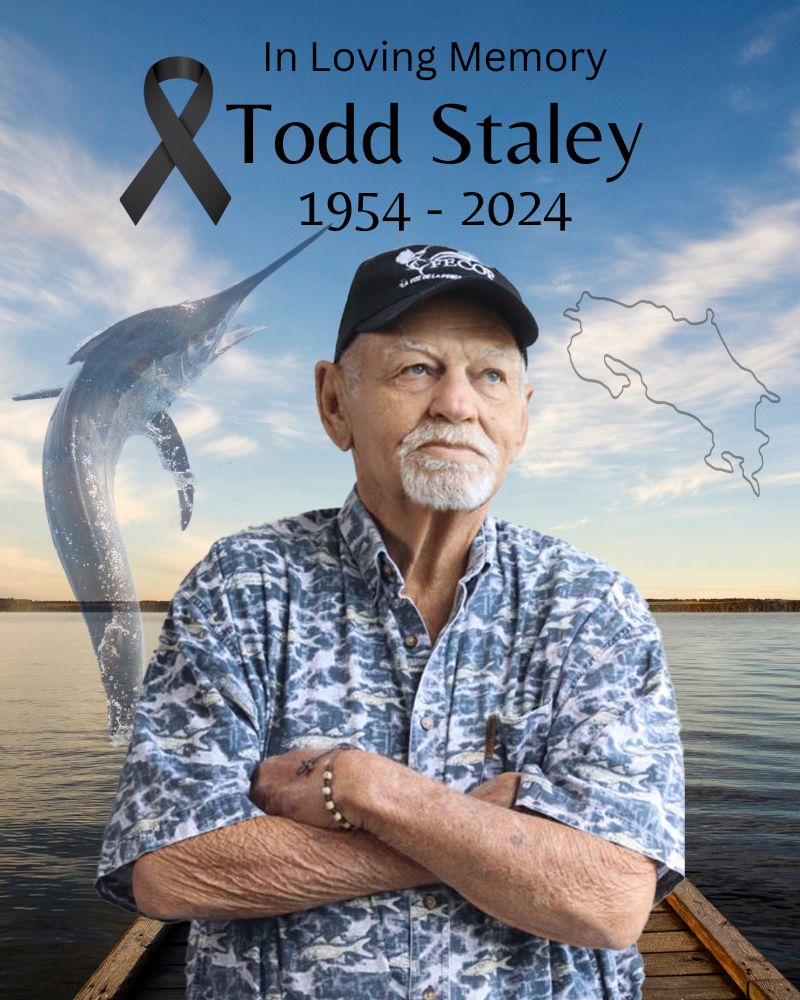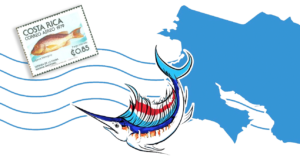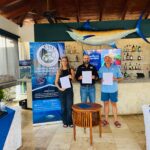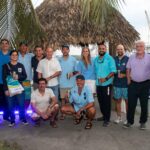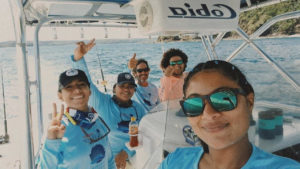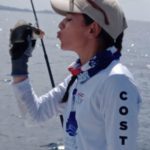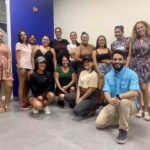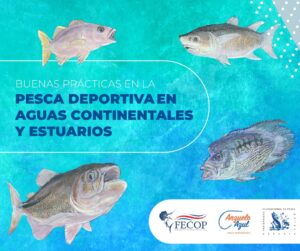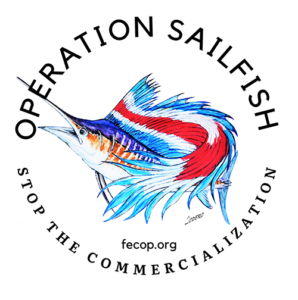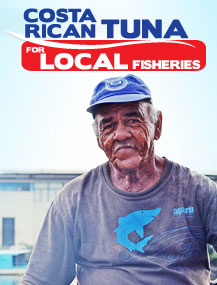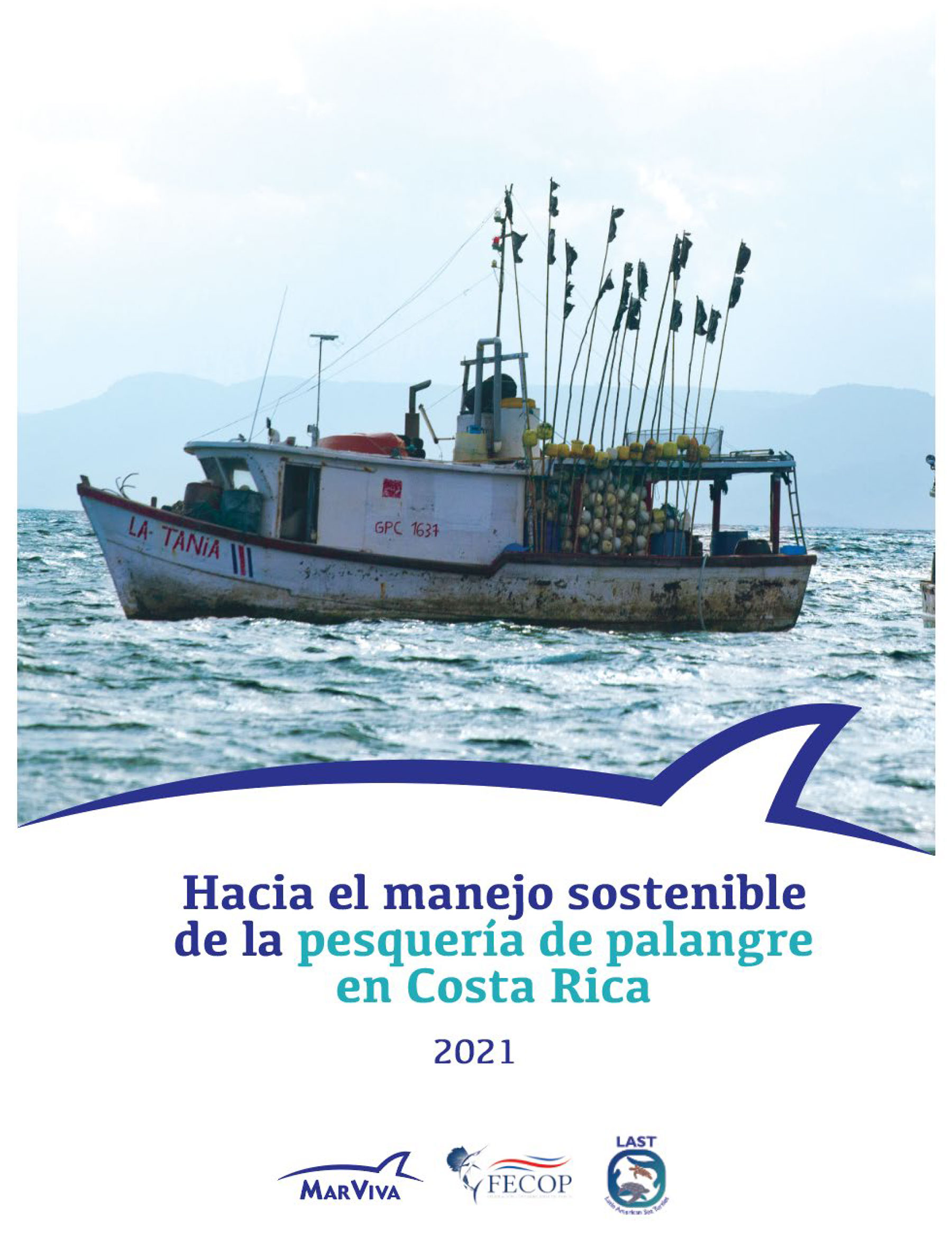Costa Rica Expat Living: The Journey to Getting my Costa Rican Passport
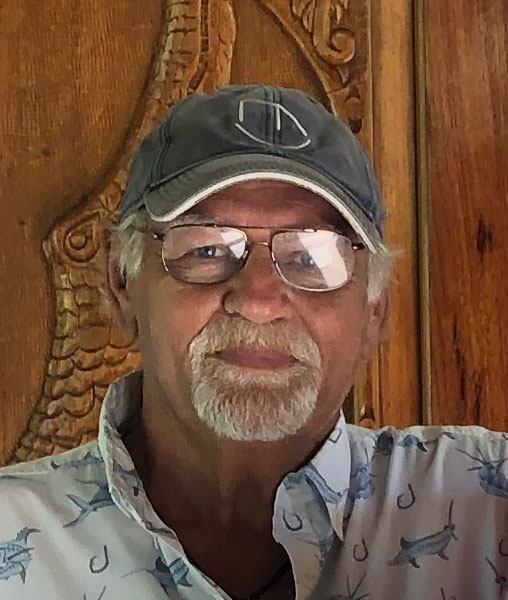 By Todd Staley
By Todd Staley
October 31, 2023
Photo via Costa Rican Consulate.
I moved to Costa Rica 30 something years ago shortly after my 37th birthday to Barra del Colorado. Barra is the ultimate pueblo in Costa Rica just south of Nicaragua on the Caribbean side of the country only accessible back then by a grass airstrip or boat. . At the time it had a population of around 700 people, most of them of Jamaican descent. I was one of two Caucasians that lived in town.
My meals were prepared by Miss Evanette, a woman in her mid-sixties. It is with her I acquired my love for true Caribbean dishes, especially rice and beans prepared with coconut milk and the fire of Panamanian peppers. She was a woman who never went to school a day in her life but had more wisdom than anyone I´ve ever met and the way she doled out advice was a real art form.
After several months of her feeding me she sat down at my table one day and said, “Todd, I´ve grown to like you so I am going to tell you what you need to get by here. You only need to know two things. First, do not swim against the current. If you try, you will surely drown. And if you don’t want someone to get your goat, don´t let them know where you keep your goat tied up.” I have been living under that advice for over 30 years now.
Just across the border is Greytown, Nicaragua and many of the same families live in both locations and travel freely back and forth between the two villages. Because of the close proximity to the border, the Immigration police would make frequent inspections, checking identifications. When that happened half the pueblo including myself would go into hiding.
Thousands live here as a perpetual tourist. When their visa expires, they only have to leave the country for 72 hours and they can return and start their visitation period over again. The other way is as a legal resident. The following allowed you the equivalent of a “green card.”
The following is an account of my voyage to obtaining a Costa Rican passport.
First you have to be a legal resident and have a “cedula residencia” or Costa Rican green card. Some of the immigration rules over the years have changed like a visitor’s visa recently changed from 90 to 180 days but back then a foreigner could live here several different ways, The different types of green cards are:
As a retiree. Back then you only had to show an income of over $600 and you could get legal residency. You could live here legally but could not work here.
As an investor. You could invest in property or open a business in Costa Rica to obtain residency. It did not allow you to work in your own business, only employ Costa Ricans.
And finally, as a legal resident free of conditions which gave to your equivalent of a green card and allowed you the right to work. If fact it gave you all the rights of a Costa Rican except for the right to vote.
The fastest way to achieve residency as a single person was to either have a child born in Costa Rica or get married to a Costa Rican. It was much more difficult as a single adult as was my case.
If you got your residency with a child or a spouse, you could apply for citizenship after being a legal resident 3 years. As a single adult you had to live here as a legal resident for 10 years before applying for citizenship.
I had several women in the village offer to marry me and a couple of them even offered to bear my child to help me. For a minute I thought about taking the second group up on the offer but not mentioning to them I had a vasectomy but as a believer in Karma, I couldn´t bring myself to do it.
Luckily, I didn´t take them up on their marriage offer because the Immigration police finally figured out what a big underground business it was when they discovered there were over 200,000 marriages of convenience in Costa Rica. Men and women were taking pre-arranged spouses they never met and then divorcing them when they got their citizenship.
The government eventually fixed that by passing a law that if your marriage failed you lost your permission to legally live here. They started a policy when you renewed your residency, you had to present your spouse with proof you lived together.
The first three times I applied for residency, I was rejected. A few months later I found myself sitting on a stool in a watering hole, chewing the fat with an Ex-Pat in an area of San Jose known as “Gringo Gulch.” It is an area where a bunch of Ex-Pats, many of them living off outlandish interests being paid by a Pyramid Scheme being offered by “The Brothers” could trade war stories, play a hand of Texas Hold´em, find the company of a woman or get local knowledge from an ex-pat bartender named Jay. We used to joke that it is an area where you could find regular “Joes,” as well as shady people who were either wanted the United States or not wanted by the United States.
For some reason we were talking about my residency situation and he told me about a couple of lawyers that were married to each other that helped many ex-pats get their residency. “They are not cheap but they guarantee their work. Most of us use them, $1000 bucks,” he said and actually had their phone number with him.
I met with them and they explained is was $2000, half up front, and half only if successful. The higher cost was because most ex-pats were getting retirement green cards and I wanted one free of conditions that allowed me to work.
A few weeks later they called me to San Jose and they went to Immigration with me. Instead of sitting in the endless lines at Immigration, after a short wait we were called into a back office where I filled out some forms and they said I would hear from them in a few weeks. Wow! These lawyers are connected I thought.
After a month I was called back to San Jose and we went to Immigration again. Again no wait in the sea of other applicants. Returned to the back office where they handed me my ID card as a legal Costa Rica resident free of conditions.
A few months later the Immigration police paid a visit to the pueblo. Instead of going into hiding I looked forward to being checked. When he found me, with my chest puffed out like a rooster who had just conquered the entire hen house I handed him my residency card. He looked at it, looked, at me, looked at the card again, took a photo of my ID card, thanked me and left.
A short time later I saw one of the local police in the pueblo and he asked me to stop by the police station. When I did they handed me a notification from the O.I.J., the National Police, or the FBI of Costa Rica. It informed me I had 10 days from the time the notification was delivered to present myself in their offices in San Jose.
When I showed up they took me to a back office and informed me I was being investigated for Immigration fraud and was looking at jail time and deportation. Apparently the fear in my eyes was convincing enough as I asked how it could be fraud if I got it at the Costa Rican Immigration office. They took my photo, and finger prints and told me they would get back to me and let me leave.
After a period of time I was called back to the office and showed me a sheet with about a dozen photos including myself on it and asked me if I ever saw any of these people before. There was my lawyer and his wife, the people at Immigration and course myself I recognized.
The others, I didn´t. They told me I was free to go and they would be back in touch with they were in a couple of weeks and when I returned they had good news and bad news. The good news was I was off the hook of the Immigration fraud charges. The bad news. My residency card was not valid and I would have to apply again.
As I left the O.I.J. one gentleman handed me an envelope and told me to take it with me to Immigration when I applied again. The letter said I had no part in the fraud and was a victim also rather than a perpetrator and investigation should not prejudice any decisions made regarding my case.
Back to the long lines again for the 4th time but surprisingly I was accepted as a legal resident allowed live and work here.
I moved to the west coast and learned I could do my annual residency renewals at the Immigration office at the border at Paso Canoas. It took a little longer but didn´t have long lines to wait in and the people who worked there were very friendly and knew you by name. If fact I looked forward to my annual visit there.
My sport fishing activism started long before today´s current affairs. Goes back to when I lived in Florida. It started here in Costa Rica over 20 years ago. A world famous conservation group was supposed to invest $28 million in the Osa Peninsula. As part of such a huge project they wanted to turn the Golfo Dulce into a Marine Sanctuary and ban all types of fishing. As the Fishing Director of the largest sport fishing operation in Central America and being located on the Golfo Dulce, it didn’t quite mesh with our business plan. I was given a spot on Golfo Dulce Committee to debate the issue.
There was a guy also on the committee that enjoyed taking potshots at me. He knew I was a Gringo with a green card and it must have bothered him. When we had a debate or difference of opinion he loved to say, “As a Costa Rican this, or As a Costa Rican that,” and my personal favorite, “As a Costa Rican that offends me.”
To me it was like a kick straight in the cojones. Gracefully delivered but a kick in the cojones none the less. Thankfully I always thought of Miss Evanette’s advice to get through it when it happened, which was fairly often.
Time passed and I was at the border doing my renewal and the young woman who had assisted me each renewal said, “We are going to miss you here.”
“Why?”
“Because you qualify for your citizenship now.”
I asked, “Can you recommend a good attorney for that. I already met a bad one.”
“You don’t need an attorney, just go to the Naturalization Office and apply.”
So I went to apply. As I sat in line next to a Nicaraguan woman, I noticed a received receipt stamp on her paperwork and when I asked she told me she has been working on her application over three years. I was finally attended to and given a list of everything I needed to present with my application. Some of these had to come from the United States, get authenticated at the Costa Rican consulate in Miami at a cost and then Fed-Exed here to insure they didn´t get lost.
What I found over the next four years was if there was an issue with your case it got stalled and put on hold. Of course they did not notify you and you would have to check in on your case every once in a while to find out it was stalled because they wanted another document or everything was in order and just waiting to be processed.
Finally after 4 years and several months I stopped by to check my case and to my surprise I was told my application had been approved and I was given an appointment to be sworn in as a Costa Rican citizen.
Then I learned part of the ceremony of receiving your citizenship you had to sing the National Anthem. I just couldn´t get it. As much as I practiced in front of the mirror, with my wife, my kids and grandkids, I could sing a couple of verses and then forget the rest. A friend of mine who had already become a citizen assured me not to worry. You sing the Anthem in a group with all the others being sworn in and I just needed to belt out the first verses above everyone else and then just mumble through to rest of it while everyone else is singing.
One of my gringo habits I haven´t been able to break is being punctual whereas Costa Ricans are almost always fashionably late. My appointment to be sworn in was for 9:30 am so I showed up 9:00 am. The first one there. At 9:15 I check if I was in the right place. At 9:30 I asked where everyone else was. Then I was informed I was the only one being sworn in that day and they would attend to me shortly.
Instant Panic! The Anthem. I came up with a plan. I would hope whoever was going to swear me in had a sense of humor. I decided I would sing the verses I knew and then break into the chant Costa Ricans do at National soccer games.
OH-A-OH-A-OH-A TICOS! TICOS
Finally about 9:45 they called me into an office and the gentleman attending me is getting the documents to sign in order, Has me take the oath, and says, “since it is just you today we can skip the National Anthem”. I couldn´t believe my luck. I immediately silently thanked God, Jesus, Elegua, Yemaya, and every other higher power that had bestowed blessing on me at different periods of my life and walked out there a Costa Rican.
After a period time I decided to get a Costa Rican passport. Made my appointment which was 3 months out. Finished my early morning appointment at Immigration at 4:30 pm being told I could pick my passport up at my local post office in 8 days. Fat chance of the happening was my thought. To my surprise it was there right on time and I took the envelope home and tossed it on my desk and forgot about it.
A week or so later my wife asked if my passport had arrived. I told her it was on my desk and she could open the envelope if she wanted to. I few moments later I heard a scream followed by uncontrollable laughter. I walked into my office and found my wife waving my passport and in a rare occasion speechless. I am not so photogenic so I asked if my photo was really that bad. She finally got control of herself, and blurted out, “Your passport says you are a female” and went back to laughing.
Back to the Immigration office after another wait to repeat the whole process. I became one of the first sex changes in Costa Rica. But mine wasn´t done in a hospital or a clinic. Mine was done at the Immigration office.
This time I opened the envelope before I even left the Post Office. I walked out of the building and at the top of my lungs I yelled…….. YO SOY TICO!

